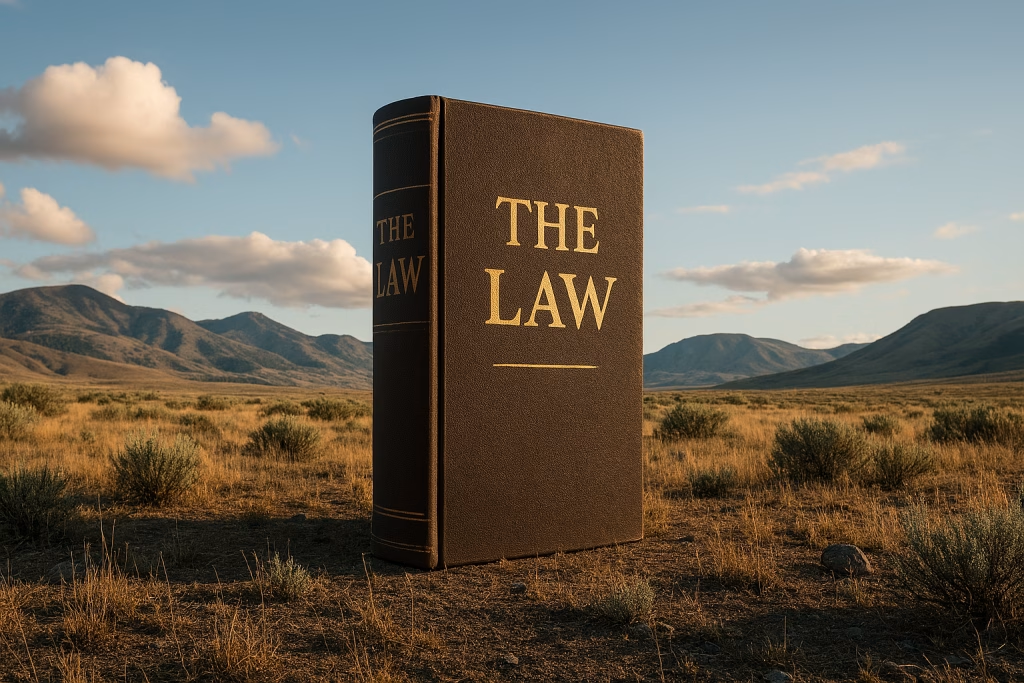With the opening of the 2024 legislative session on Monday, it is finally time for lawmakers to get to the business of passing laws. Today I attended two print hearings, this morning in House State Affairs and this afternoon in House Judiciary & Rules. If you have already bookmarked the Gem State Chronicle then you saw me posting updates in real time.
In the first hearing, Rep. Julianne Young introduced a bill that would change the wording of Idaho law regarding the unborn from “fetus” to “preborn children”. Democratic Rep. John Gannon began a line of questioning about how penalties for abortion were allegedly pushing physicians out of Idaho, but Chairman Brent Crane ruled it out of order because it had nothing to do with Young’s bill. That shows where the Democrats are going to focus their messaging.
The committee approved a motion to print the bill and formally introduce it, so it will have a number and a full hearing soon.
Rep. Bruce Skaug introduced two potential bills in the afternoon committee. The first one, RS 30846, would ban depictions of child porn created by artificial intelligence. Rep. Kenny Wroten agreed that this was an important bill to consider right now since AI technology is improving quickly and exponentially. I agree that this is something we should ban, however I fear that the genie is already out of the bottle. AI is already capable of things that I don’t believe any law is going to be able to stop. An already decadent culture has created manmade horrors beyond our comprehension.
In any case, the bill passed the committee and will also be printed soon.

These print hearings are the first step a bill takes toward becoming law in Idaho. Legislators come up with an idea for a bill, either to add to the law, repeal a law, alter or amend a law, or spend some money. These ideas often come from constituents —there’s nothing stopping you from calling your legislator and sharing your ideas.
Once the text is on paper, the Legislative Services Office issues it a routing slip (that’s the RS you see above). At this point the text remains the property of the legislator, who can share it at his or her discretion. Once the bill is approved by a committee after a print hearing, it is given a bill number and officially printed. It is at this point that the bill can be read on the Legislature website.
At this point the bill is officially read in the appropriate chamber and assigned to a committee. The bill sponsor will give his or her bill an official introduction, answer questions, and hear testimony from other legislators, subject matter experts, and even members of the public. At this point the committee can pass the bill, that is, send it to the floor with a recommendation to pass, or they can send it to the amending order. They can technically send it to the floor with a recommendation not to pass, but this rarely happens. Usually if a bill dies at this point it simply fails to gain a majority vote.
The bill then moves to the floor, where it is introduced and debated again. If it passes, then it is sent across the rotunda to the other chamber, where it repeats the whole process, starting with a committee hearing. Note that as a constituent, you have two opportunities to share your testimony on a bill that is important to you, in the committee hearings in both the House and the Senate.
If a bill passes both chambers then it is sent to the governor. The governor can sign it into law, veto it, or let it become law without his signature. In the case of a veto, the Legislature can override it with a 2/3 vote in both chambers. This is rare, but it happened last year with H292, the property tax relief bill.
As you can see, involved citizens can have a lot of influence in the legislative process. You can work with your legislator to write a bill that solves a problem you see, you can testify in committee, you can write letters and emails to your legislators as well as the members of the appropriate committees.
Ron Nate and Niklas Kleinworth at the Idaho Freedom Foundation did a good job of walking through the legislative process here:
The first week or two of the session sees a lot of print hearings, with the real meat coming later.
Tomorrow morning, Rep. Jaron Crane will introduce a new bill to keep harmful materials away from children in schools and libraries. As you surely remember, he sponsored H314 last year, and the Legislature fell barely short of overriding the governor’s veto. I look forward to seeing how the bill has been improved, and will bring you the latest updates at the Chronicle.
Bonus note for paid subscribers over at Substack!
About Brian Almon
Brian Almon is the Editor of the Gem State Chronicle. He also serves as Chairman of the District 14 Republican Party and is a trustee of the Eagle Public Library Board. He lives with his wife and five children in Eagle.













